Kenya Commercial Bank (KCB) and IFC have partnered in a move aimed at catalyzing growth of climate finance in Kenya by enhancing support for businesses addressing climate change.
IFC will extend a $150 million loan to KCB to fund its climate finance efforts targeting growth of energy efficiency projects, renewable energy, climate smart projects, and green buildings.
Through the deal, IFC will also support the Kenyan bank to develop a strategy on climate finance and in the process enhance its capacity for climate risk assessment and reporting.
"We continue to play our role in climate mitigation and adaptation in Kenya in the realization that business is no longer just about profits but ensuring that we also take care of our environment, ensuring sustenance of the current and future generations,” said KCB Group CEO Paul Russo.
Russo added, “KCB is stepping in to help businesses curtail the adverse impacts of climate change, thus boosting economic growth, food security, and job creation in Kenya and building resilience.”
Read More
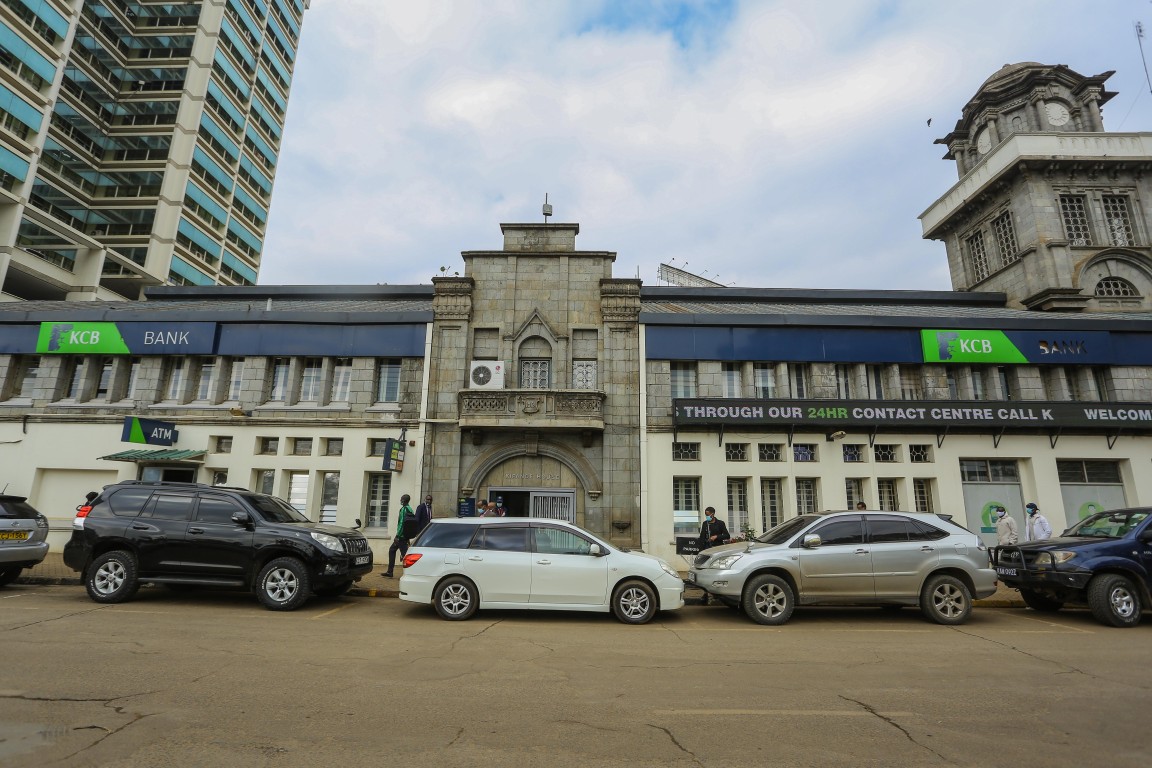
Kenya committed to cut national greenhouse gas emissions by 32 per cent by integrating climate change adaptation into national and county development planning by 2030.
Kenya is vulnerable to climate change and the latest World Bank Kenya Economic Update estimates that up to five million people need food aid due to drought and rising food insecurity.
“Recurring natural disasters like droughts and floods have impacted the livelihoods of Kenyans and the country’s economic development. The private sector can play a significant role by mobilizing financial resources to help finance the country’s green transition," said IFC Country Manager for Kenya, Amena Arif.
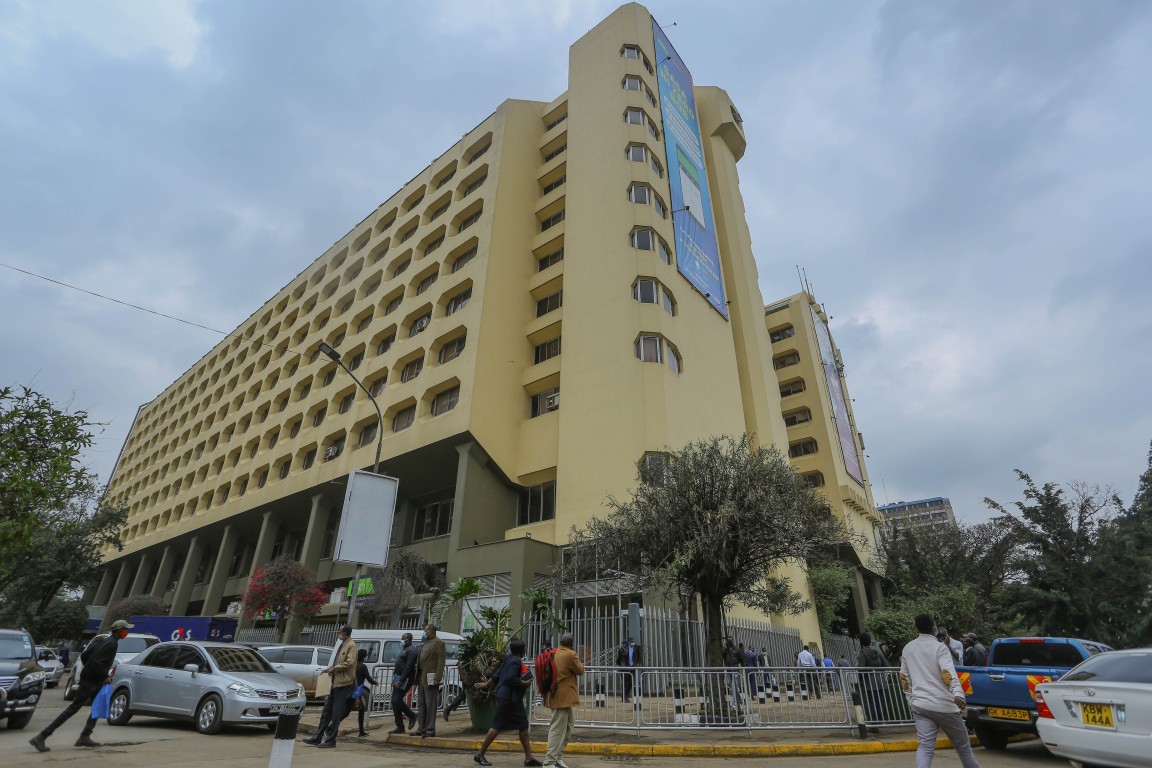
He added, "Our partnership with KCB Bank Kenya will increase access to climate finance in the country and enable the development of more green projects that support Kenya to respond to the effects of climate change and shift to a greener development model."
IFC says it will grow its climate-related investments globally to a yearly average of 35 per cent of its own account in three years and work with financial institutions to fund projects supporting mitigation and adaptation.
A 2019 IFC report estimated that Nairobi has an $8.5 billion climate investment opportunity for the period 2018 to 2030—$5 billion of which lies in electric vehicles and the rest in public transport, green buildings, water, renewable energy, and waste.

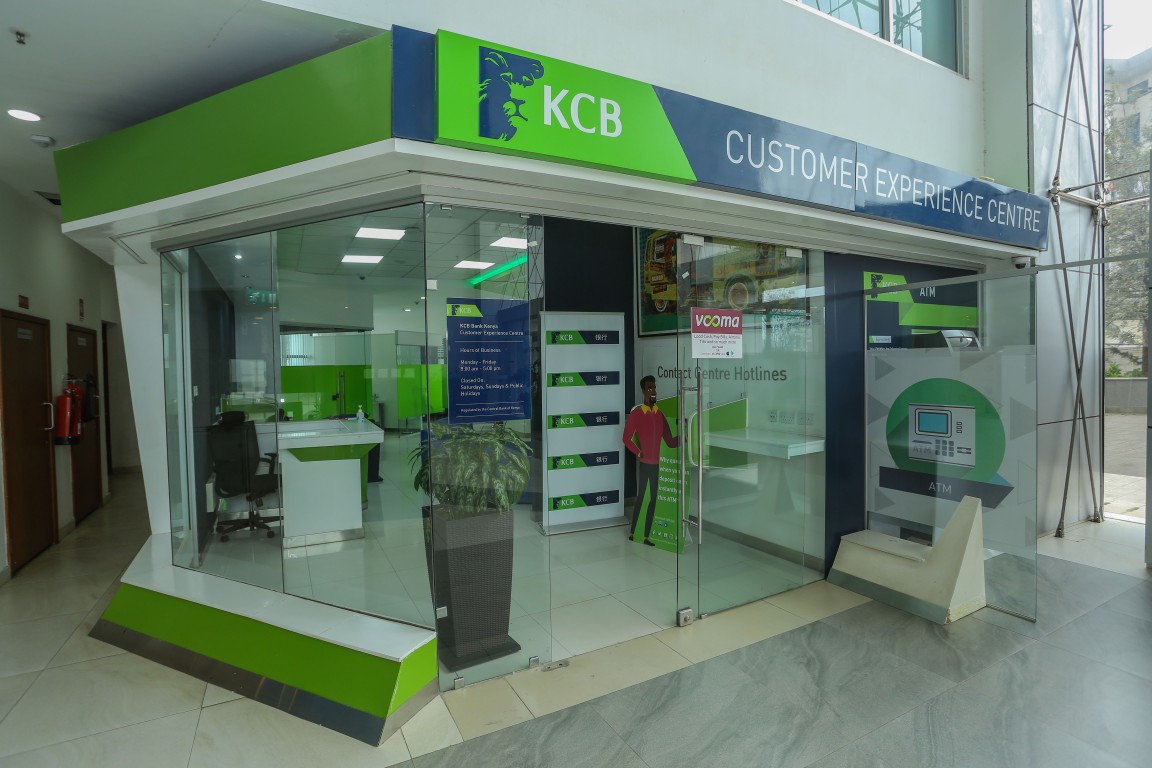

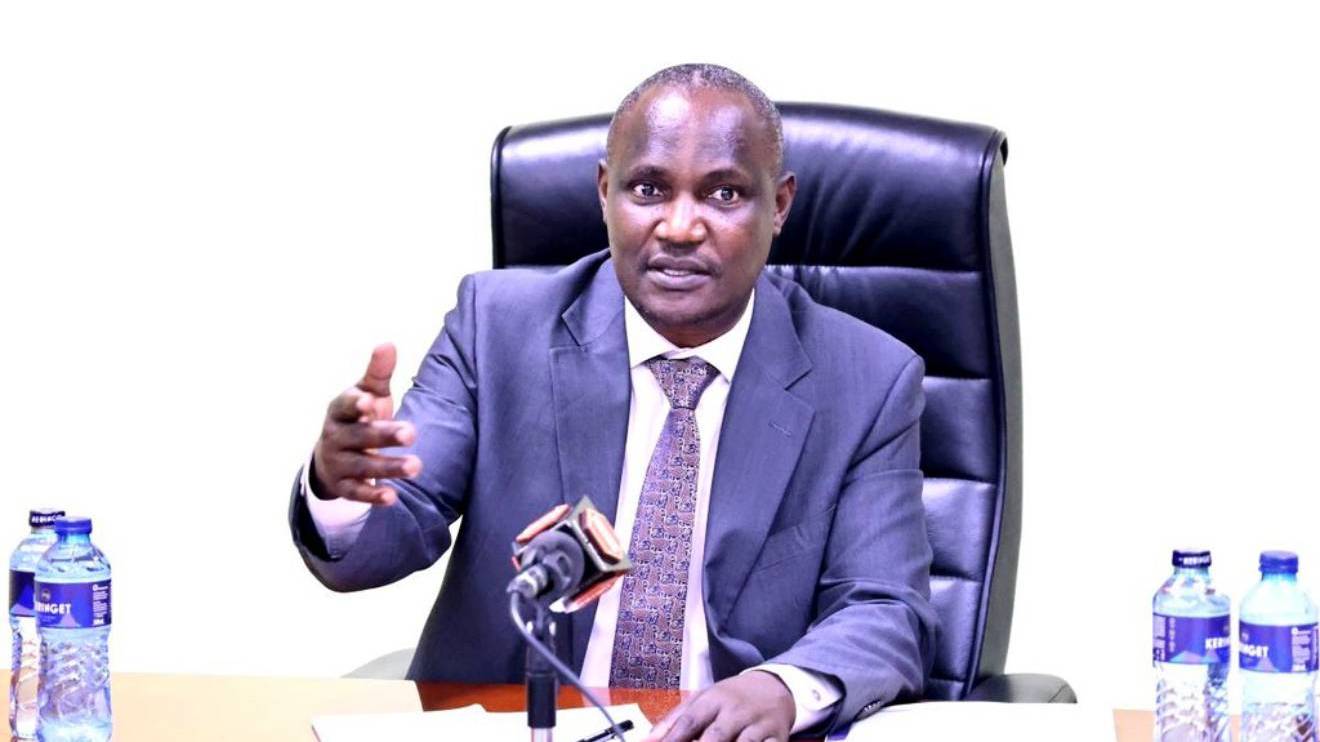

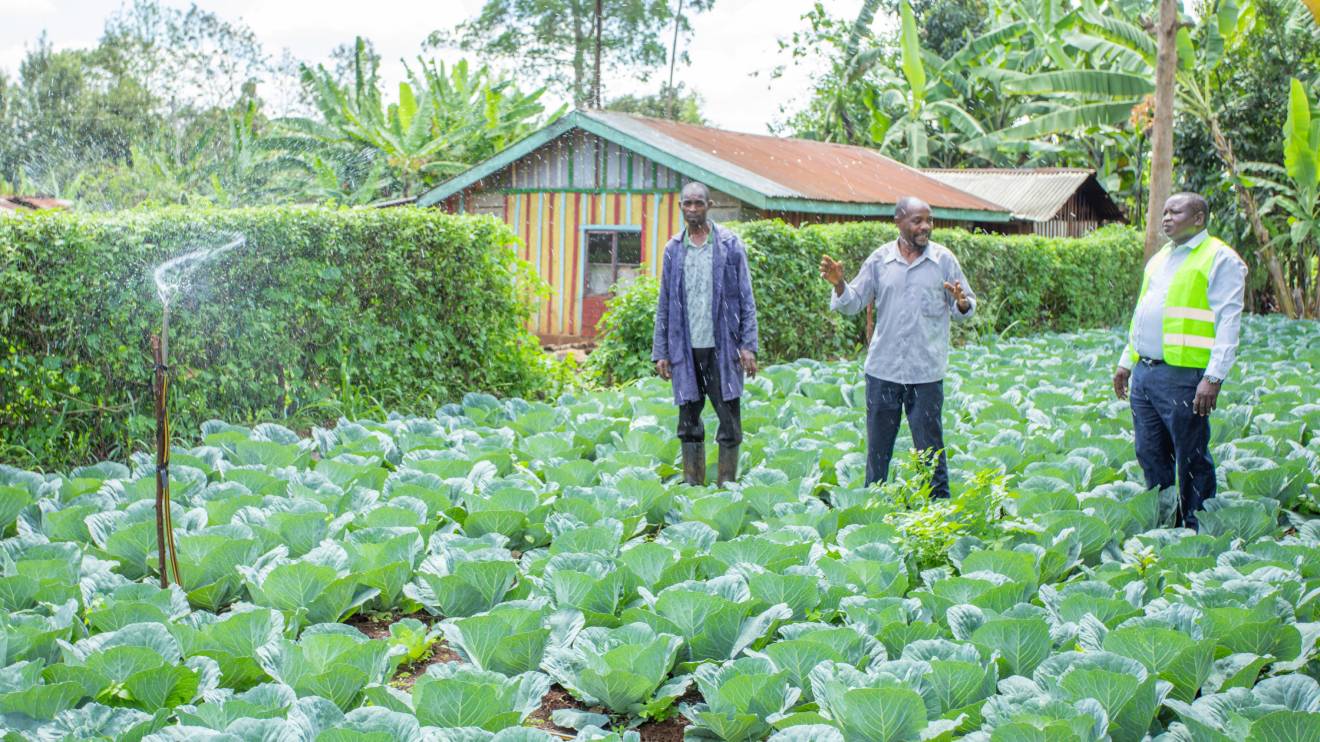

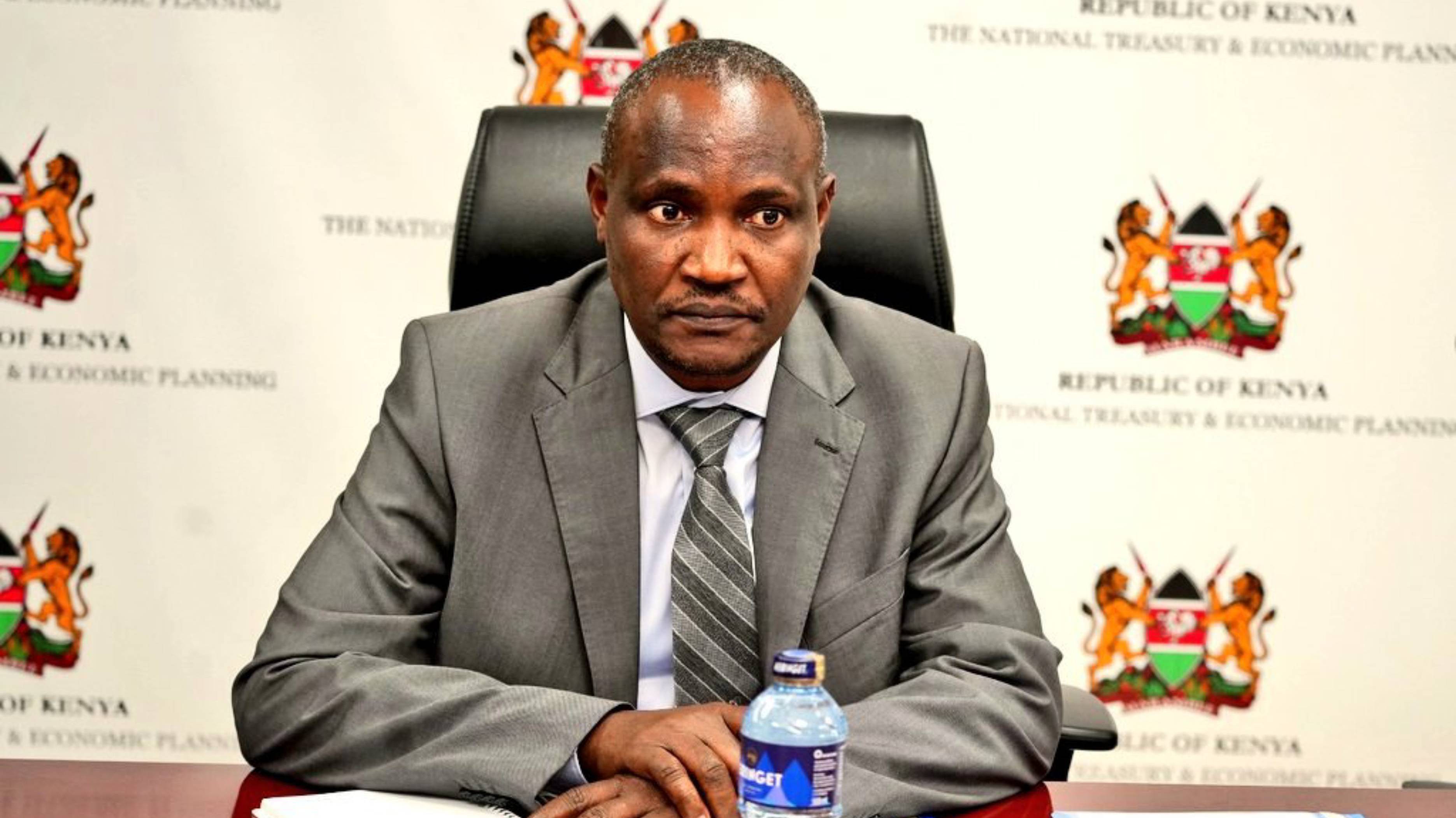
 (1)-1730745141.jpg)